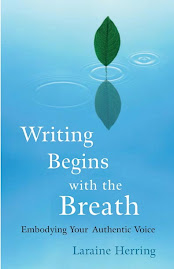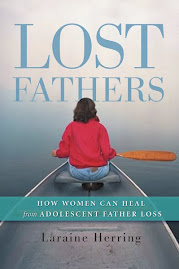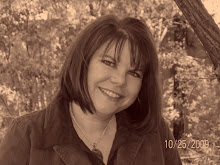We all know no human looks like that woman (or the striped kitty) on the magazine cover, right? But what is perfect? What is it measured against? If perfection means completion, then, as the yogis say, everything is perfect. The perfection lies in the thing's completion, not in its flawlessness.
When we were in San Francisco, I discovered a chest wrinkle. Yes. Bow your heads. For Christmas, Keith bought me a magnifying bathroom mirror (8X magnification!). Some things just weren't meant to be seen. Good thing my eyes don't see well enough to catch everything that mirror does.
Salvadore Dali, 1955
I did the mandatory read-through of Ghost Swamp Blues now that the real book is in my real hands (yes, I held it in my right hand). And of course, I found the errors. Six professional people read through the manuscript. I proofed it four times between March and April. Still. Errors. Nothing major. No big engine replacement. Nothing heinous like a whole different novel showing up on page 50 just to see if you're really reading. Just some errors. I knew they would be there. They always are. Every book I've got has errors. I keep a list, and when the magic "next printing" occurs, we can fix them. The errors don't alter the story. They don't make you scratch your head for days, but they're there. And of course, the six professional people didn't see them, so every other reader on the planet will see them. It's the unwritten law of the universe.
Still, the story is a whole, not a letter, not a page break, not a spine, or a bio, or an italicized word. The story is Lillian and Hannah and Roberta and Gabriel and the Four Sirens. The story is North Carolina. The story is a ghost story, a redemption story, a surrender story, a regret story. All these imaginary folks had the courtesy to get together in my heart for a decade. We duked it out. Lived together. Ate together. Slept together. Fought together. Ten years. Still, they hung out in the trees, in the swamp, in the old house by the creek.
I read the last sentence of the novel, for the four thousandth time (only a little hyperbole), with my fifth cup of coffee (no hyperbole) this afternoon at the Raven Cafe. I had been making my obligatory list of the typos. But I read that last sentence, for the four thousandth time, and those imaginary folks still sat at the table with me. I put the book down and looked at them.
"You did good, sugar," said Lillian.
"Wash it away now! Wash it away!" said Number One.
"It's in the river now!" said Number Three.
"It's that darkness," said Gabriel. "It's that darkness you brought into the light. Darkness can't get out without a crack. Until darkness gets out it can't go no place. Can't go away if it's trapped."
"We're all put together now," said Roberta. "You can move on along."
Hannah, too cool to say anything, smiled over the rim of her double-mocha-skim-latte.
I bussed my table, gathered my book and my notebook, and walked out into the bright Arizona afternoon.






















